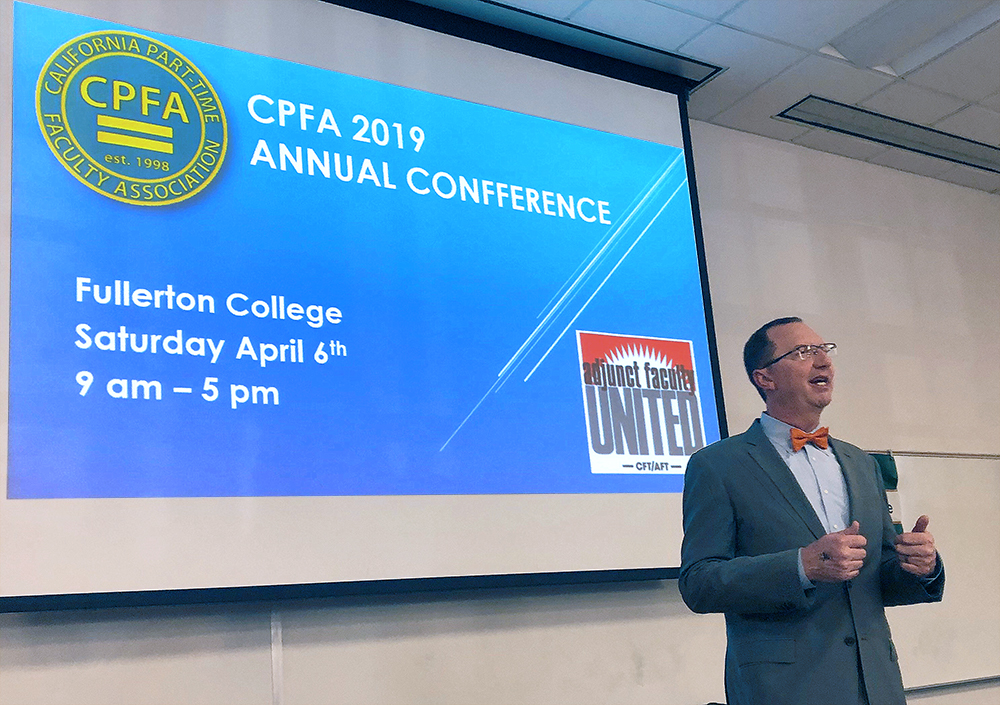A Unified Faculty Model
The California Community Colleges (CCC) system plays a pivotal role as an engine for economic and social mobility in California and as a driver for the fifth largest economy in the world. In the past two decades, the CCC system has undergone significant “reform,” narrowing students’ educational opportunities and shrinking the student body by over one million students. During this period, the CCC system’s student outcomes have declined, stagnated, or only slightly improved despite decades of “reform” efforts. This paper illustrates that transitioning from a two-tiered to a nontiered—unified faculty—model will better serve students, colleges, and the state of California. The concept of a unified faculty emphasizes the elimination of the two employment tiers—part-and full-time faculty—to create a nontiered structure. This model is based on faculty and collegewide unity as opposed to the current structure that has produced a divided faculty, inequitable service to students, and stagnant or diminishing student outcomes. Presently, the K-12 system and Vancouver model are structured around a unified, nontiered faculty model. It is time for the California Community Colleges to address the hypocrisy at the heart of its institutions: decades of disinvestment from the faculty and thus, students. Investing in a nontiered, unified faculty model will remedy the CCC system that is currently struggling to bring back the millions of students who have been pushed out of their colleges.







